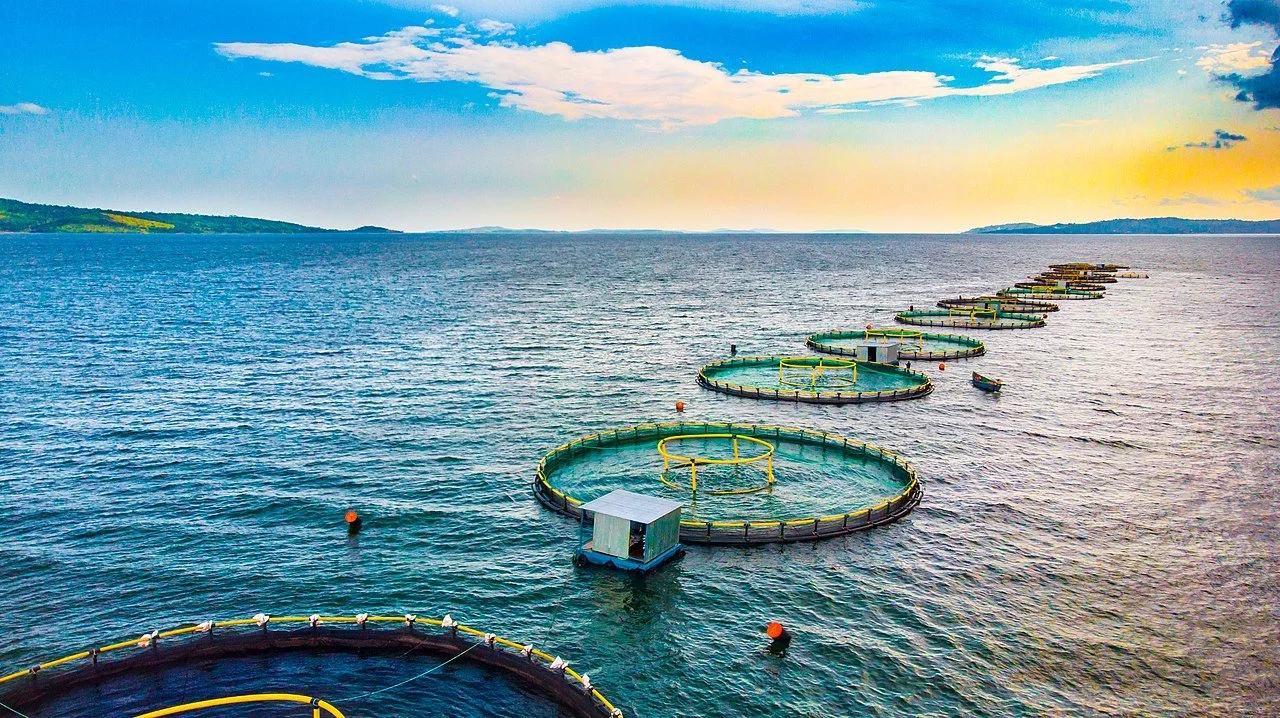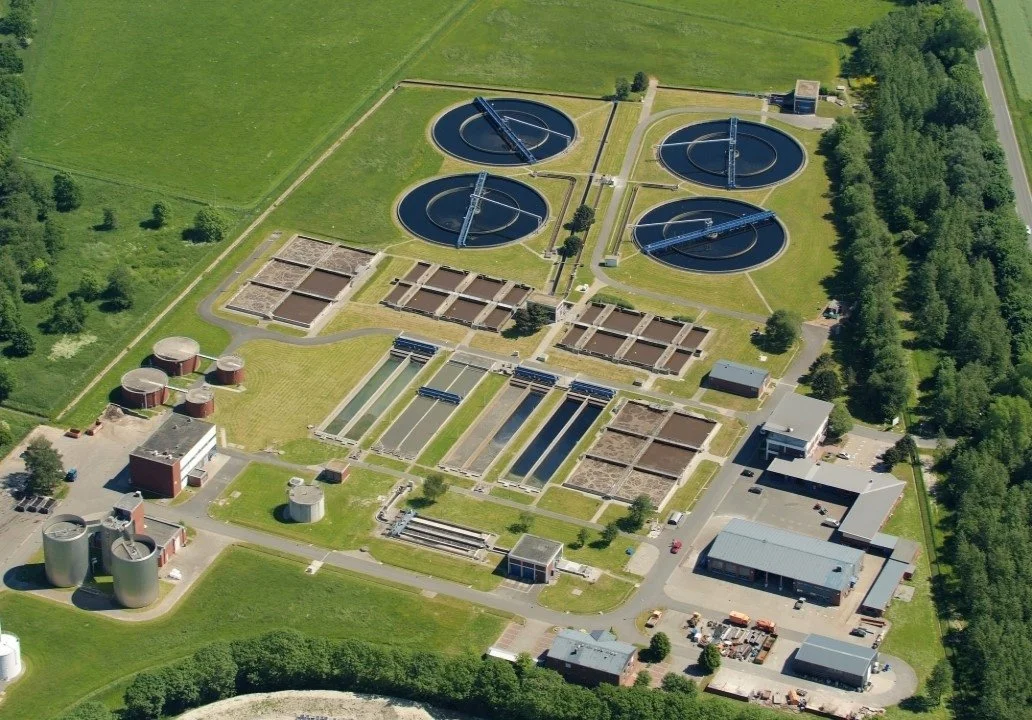Germany's Sustainable Water Systems and Fishing Practices: A Model for Sustainability
Introduction
Germany is setting a global example for sustainable water management and fishing practices. Its water system is a complex network of rivers, canals, and underground aquifers that supply water to cities and towns throughout the country. Meanwhile, Germany's fishing industry is diverse, with many types of fish species found in German lakes and rivers, each offering a unique fishing experience. In this blog, we will explore Germany's innovative and sustainable water systems and fishing practices, highlighting how they benefit both the environment and the people who rely on them.
Innovative Water Management Practices in Germany
One of the most innovative and sustainable aspects of Germany's water system is its approach to wastewater treatment and reuse. In many German cities, wastewater is treated and then reused for irrigation, industrial processes, and even as a source of drinking water. This approach helps to conserve water resources and reduce the strain on freshwater sources.
Green Infrastructure for Sustainable Water Systems
Germany's water system also includes a variety of methods to protect and restore its natural waterways, including strict regulations on industrial pollution and runoff, and investment in restoring damaged ecosystems and wetlands. These efforts help to preserve and protect many of the country's important aquatic habitats and wildlife.
Diverse Fishing Practices in Germany
Germany's fishing industry is diverse, with many popular fish species found in German lakes and rivers. Pike, perch, trout, and carp are some of the most popular fish species caught using various fishing techniques. Germany's strict fishing regulations help to ensure that fish populations remain healthy and sustainable, including restrictions on fishing gear and techniques, size and catch limits, and closed seasons to protect spawning fish.
Selective Fishing Techniques for Sustainable Fisheries Management
Selective fishing techniques are also used to reduce the impact of fishing on the environment and protect non-target species. Fisheries management in Germany also includes a focus on habitat restoration and conservation to ensure sustainable fishing.
Germany's Role in Promoting Sustainability
Germany's sustainable water management practices and fishing regulations serve as a model for other countries to follow. The country's focus on water recycling and green infrastructure helps to reduce the strain on freshwater sources and mitigate the effects of climate change. Meanwhile, Germany's fishing industry benefits from sustainable fishing practices, ensuring that fish populations remain healthy and diverse.
Conclusion
In conclusion, Germany's innovative and sustainable approach to water management and fishing practices highlights the country's commitment to sustainability and environmental protection. Its focus on water recycling, green infrastructure, and habitat restoration helps to conserve water resources, protect the environment, and benefit both the people and the wildlife who depend on them. With its diverse fish populations and sustainable fishing practices, Germany's fishing industry is a shining example of responsible fishing. Germany's sustainable water and fishing practices serve as a model for other countries to follow in ensuring a healthy and sustainable future.
If you go fishing in Germany, be sure to download See Fish and share your experience!



